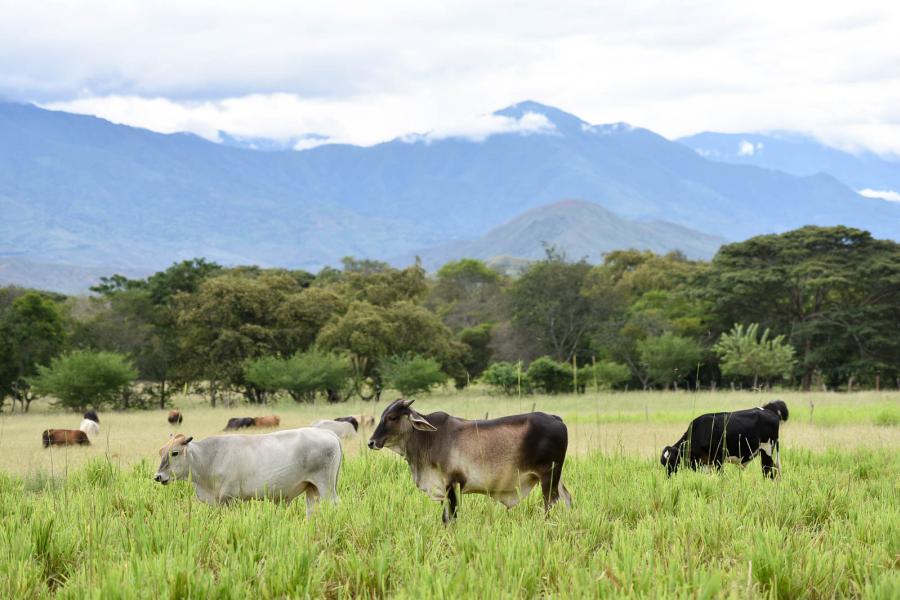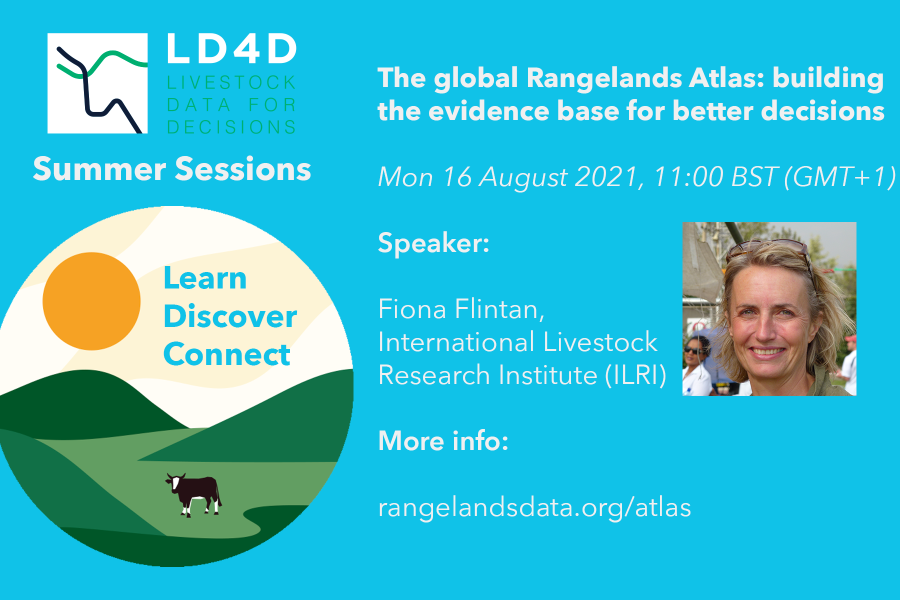Report back from Climate Finance & Livestock Solutions Group workshop

Experts are collaborating on knowledge products and tools to facilitate the flow of climate finance to the livestock sector.
by Ana Miranda, LD4D Development Manager
Access to climate finance is crucial for the livestock sector to enhance its sustainability and resilience. However, various barriers such as lack of accurate emissions data, insufficient policy support, and limited investment cases often hinder progress.
These barriers are too complex for any single organization to overcome alone. This is why concerted efforts in this area are so crucial. The Livestock Data for Decisions (LD4D) network can play a significant role by convening a wide range of livestock stakeholders, sharing valuable insights and driving collective action to achieve impact.
Key Objectives and Outcomes
The primary goal of the workshop was to explore barriers limiting access to climate finance and to develop innovative knowledge products and tools to address these challenges. Through discussions and group work, participants agreed to focus on developing three main policy briefs:
Making the Investment Case for Livestock Projects: This brief will provide compelling arguments and data to attract investments into livestock projects, highlighting their potential for significant returns and sustainability benefits.
Estimating Livestock Emissions for Climate Finance Allocation: This brief focuses on methodologies for accurately estimating livestock emissions, a critical step in securing climate finance.
Policy Levers to Unlock Climate Finance in the Livestock Sector: This document will outline strategic policy actions that can facilitate easier access to climate finance, ensuring that livestock projects receive the support they need.
In addition to these policy briefs, the group is developing an infographic showcasing the co-benefits of livestock investments. This visual tool will illustrate how livestock projects can contribute to different Sustainable Development Goals, making the case for broader support and investment.
Another significant output from the workshop is a message map, which will distil key messages from the discussions and briefs. This map will serve as a strategic communication tool to engage other stakeholders and increase investment in the livestock sector.
 Group harnesses collective knowledge
Group harnesses collective knowledge
The workshop successfully brought together a wide range of expertise, backgrounds, and geographies harnessing the potential of the LD4D network to create innovative knowledge products. Workshop participants came from key organizations working in livestock, including International Livestock Research Institute (ILRI), The Food and Agriculture Organization of the United Nations (FAO), Scotland's Rural College (SRUC), the Climate and Clean Air Coalition’s Agriculture Hub, The Alliance of Bioversity International and CIAT, Land O’Lakes Venture37, Women Organizing for Change in Agriculture and Natural Resource Management (WOCAN), RuMeth, Cornell University, Napier University, USAID and the Government of Kenya.
Next steps and future plans
Moving forward, the group will continue their work during monthly meetings. These sessions will focus on refining the draft outputs from the workshop and developing an engagement plan to reach key decision-makers in the climate finance world. The goal is to initiate a dialogue with these stakeholders and identify strategies to ensure that livestock systems benefit from climate finance.
The group will release the policy briefs, infographic, and message map over the coming months. All outputs will be published on our website and promoted via different channels. We also aim to disseminate the briefs at key international events this year such as Climate Week NYC, World Biodiversity Summit and COP 29.
Acknowledgements
We would like to say thank you to all the members of the Climate Finance & Livestock Solutions Group for their dedication and hard work. We would also like to extend our gratitude to the LD4D Steering Committee Members participating in this initiative.
Stay tuned for updates as we continue to advance this important work and strive towards a more sustainable future for livestock systems globally.



